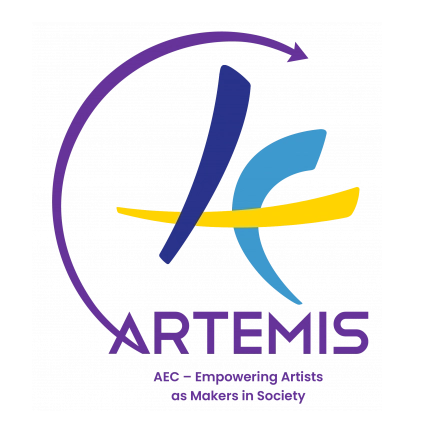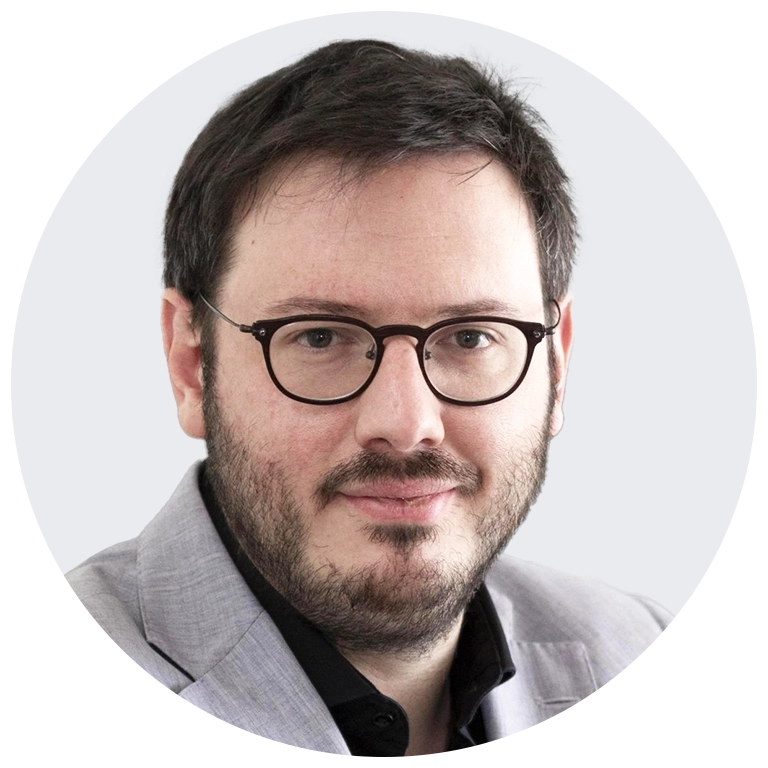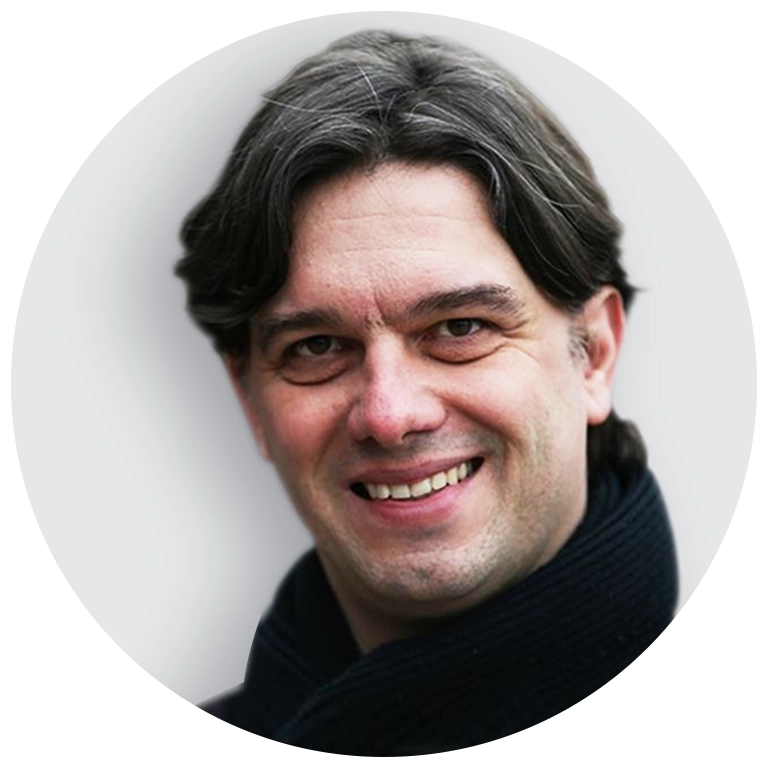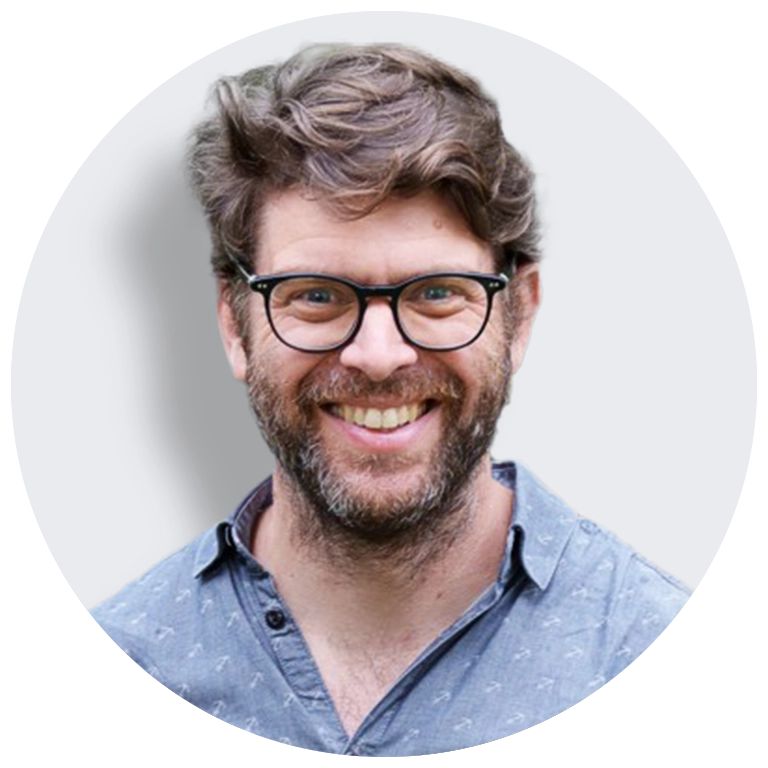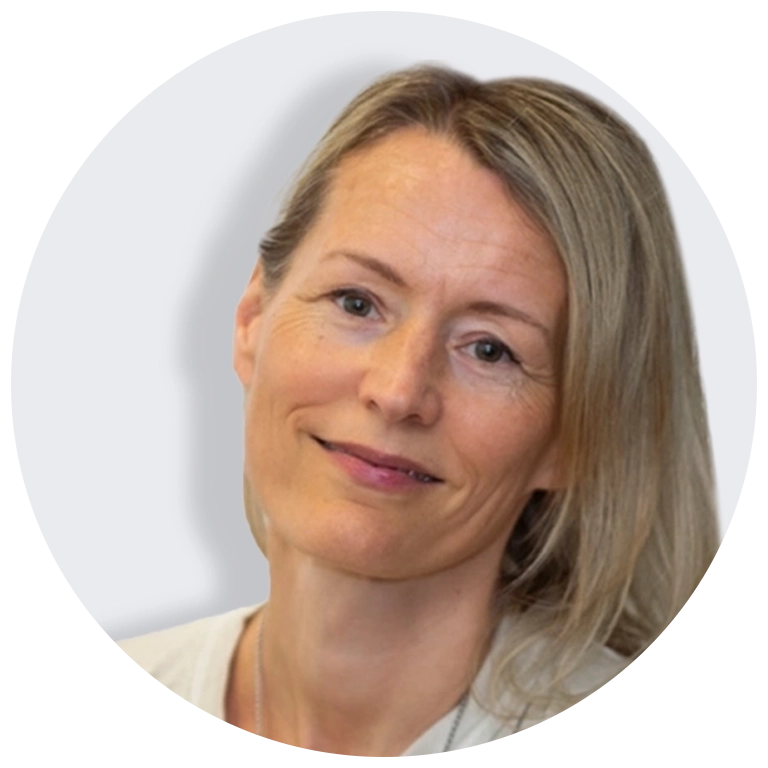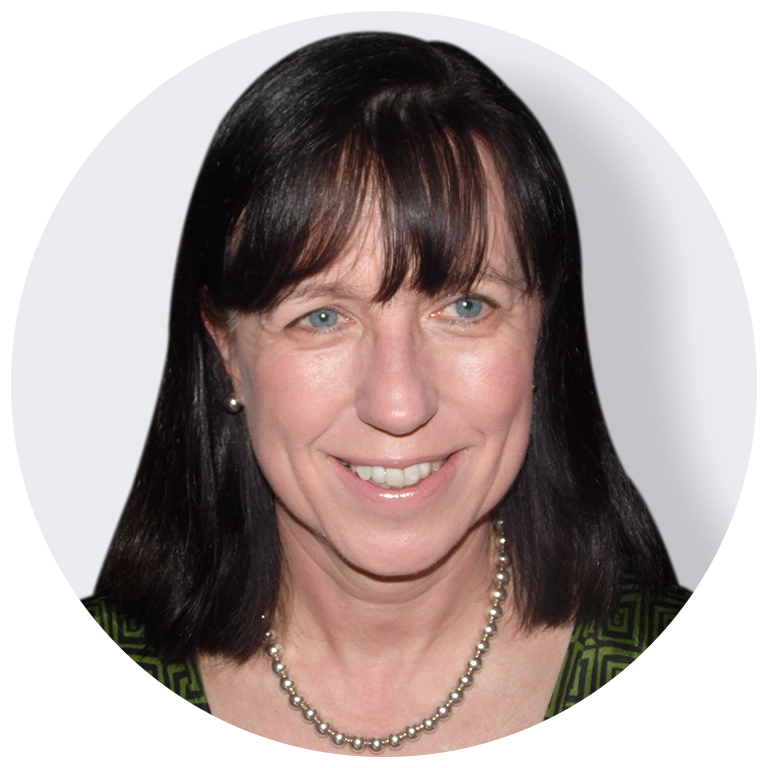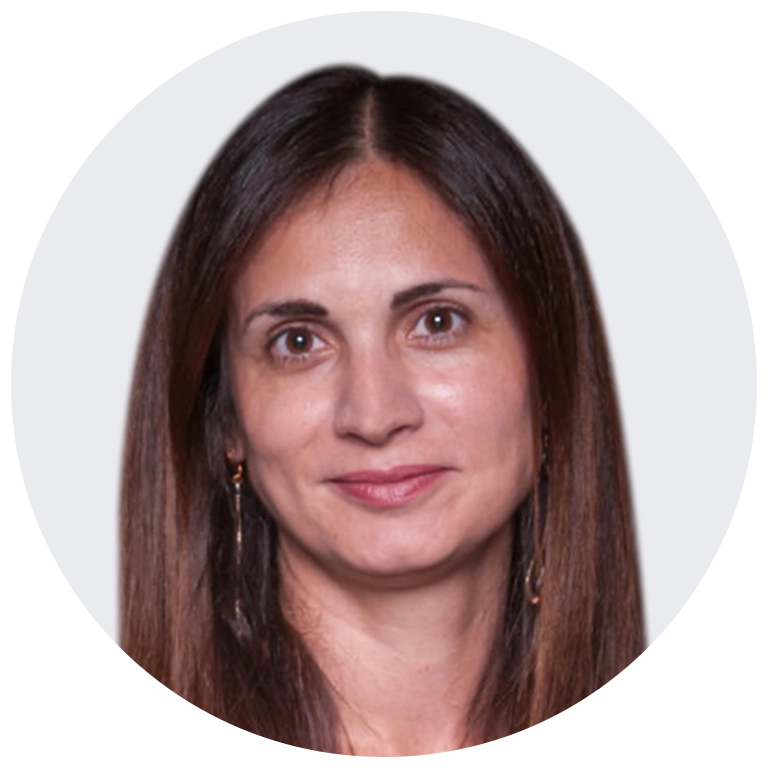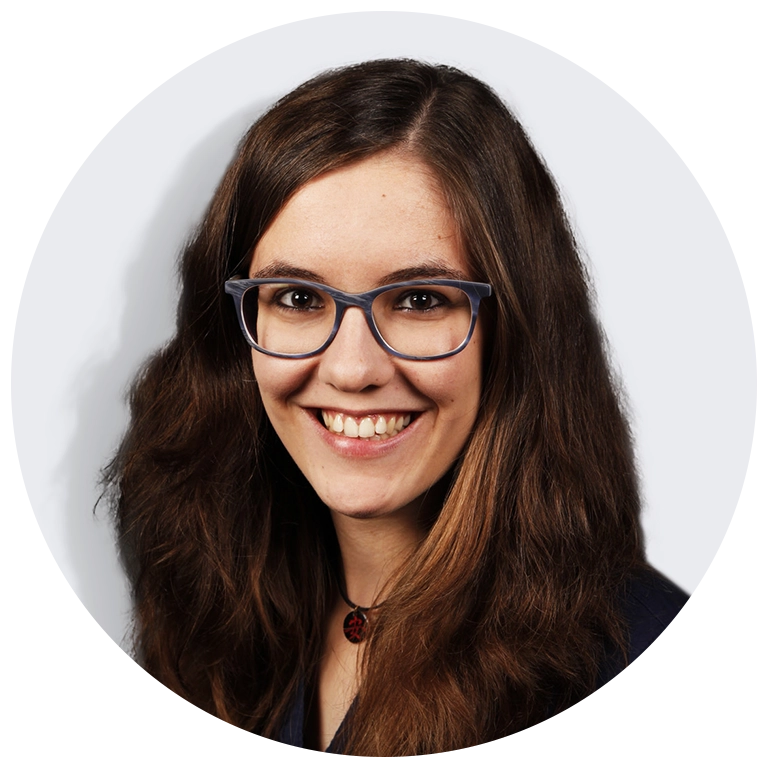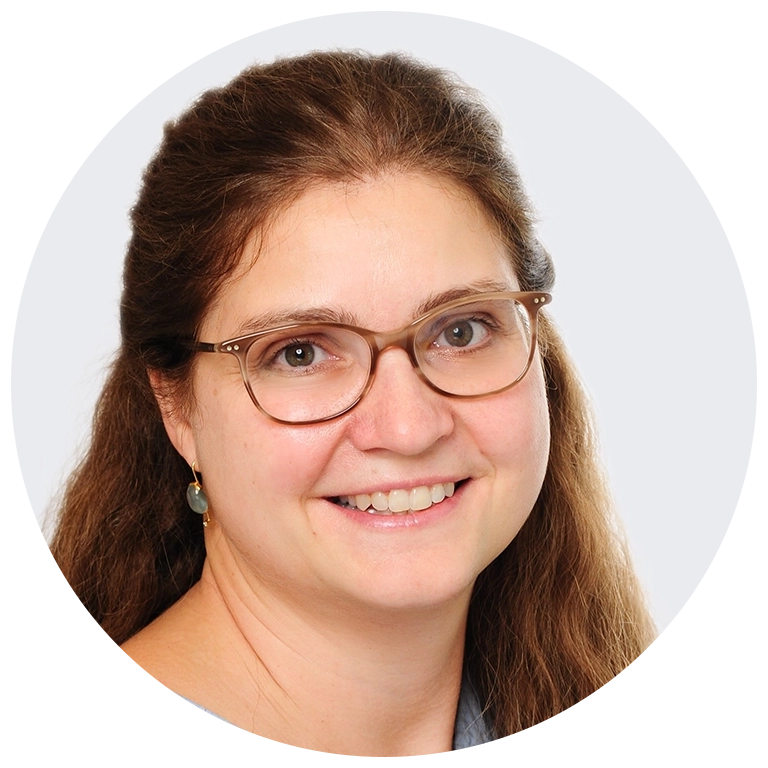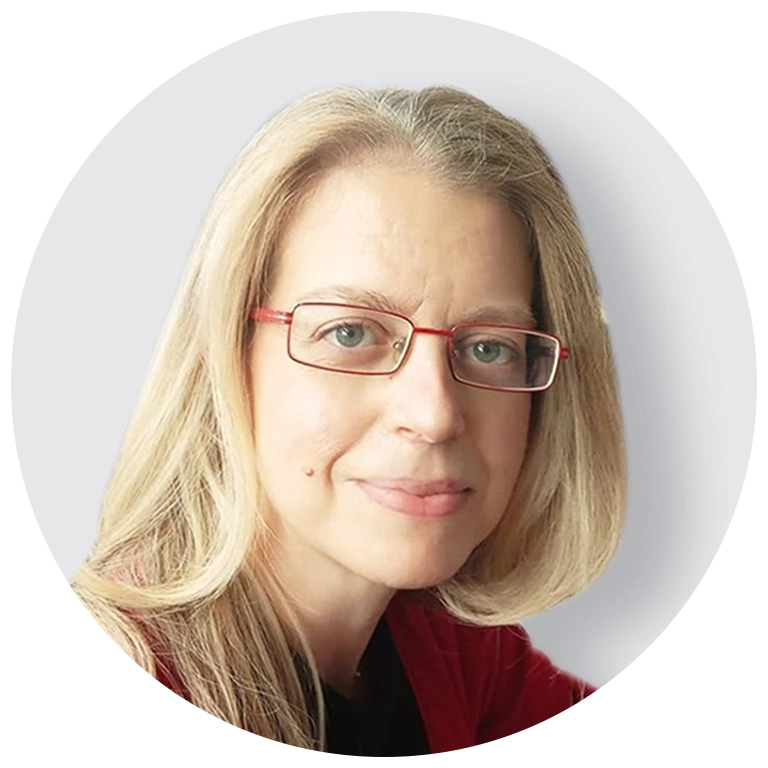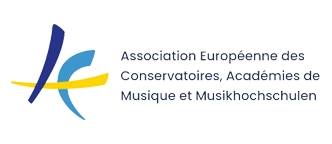Associated
Projects
TEAM will secure the European added value by building on several ongoing and finalized European projects, tools, and initiatives which the project is complementary with, particularly the following highly relevant ones:
ARTEMIS focusses on higher music education (HME) graduates (musicians and artists) as the makers of tomorrow’s musical life in a modern society.
Facing new challenges, such as dealing with the digital shift, climate change, the growing diversity of cultural and societal needs and a labor market under constant dynamic change, they will be tasked with promoting the resilience of artists, musicians and other cultural professionals.
The project include these aims:
Enhancing cooperation among HMEIs at European level and beyond to strengthen artists’ mobility and employability; Strengthening Lifelong Learning opportunities for artists and for HMEI teachers and reinforcing AEC’s role in delivering such opportunities; Establishing a reliable empirical basis for actions aimed to support the project’s performance and to scale up the HME sector, including in relation to Going Green and Digitisation; Shaping and implementing fair, inclusive, diverse and gender equal frameworks in Music HMEIs.
Complementarity with TEAM:
ARTEMIS is dedicated to important future topics that TEAM will also pursue: digitization and going green in the context of music. However, the focus is placed on HME graduates pursuing musical careers (concert musicians, music teachers in music schools, orchestral musicians, jazz musicians, etc.) so there is insufficient focus on music education in schools and music teacher training.
SMS took a particular lens on the broad agenda that the title suggests, focusing on the education of the next generations of professional musicians through higher music education institutions (HMEIs): what is needed in developing this education to ensure that emerging professional musicians are able to make flourishing lifelong careers and contribute to the societies in which they live; and equally in what ways these institutions may strengthen the part they play within their own localities, and the societal impact they have through the work they do with young musicians.
Complementarity with TEAM:
Again the focus of SMS is placed on HME graduates pursuing musical careers (concert musicians, music teachers in music schools, orchestral musicians, jazz musicians, etc.) and not primarily to basic questions of music teacher training and music pedagogy in schools and the currently required starting points to noticeably improve them – like TEAM is aiming at. Prof. Dr. Natassa Economidou-Stavrou (UNic), who was part of the SMS project will ensure knowledge transfer as well as the AssPartner EAS (Dr. Marina Gall) and AEC (Prof. Dr. Stefan Gies)
meNet – music education Network
The European Network for Communication and Knowledge Management of Music Education.
230217-CP-1-2006-1-AT-COMENIUS-C3:
meNet was a COMENIUS-3-Network funded by the European Commission’s Programme SOKRATES-COMENIUS, Project duration: October 2006 – September 2009. 26 institutions from 11 countries worked as active partners; about 90 institutions from 23 countries were associated partners of the network. meNet collected, compiled and disseminated, in many different ways, knowledge about music education in schools and music teacher training in Europe. Major outcomes have been: Mappings of Music Education Systems and Music Teacher Education Systems in Europe, a set of European-wide Learning Outcomes for Music Teacher Education (Specialist Teachers) and so-called “Examples of Practice in Context” for Music in Schools, Teacher Education and Lifelong Learning.
Complementarity with TEAM:
meNet’s results are outdated and only map to ME and MTE without detailed data collection. In terms of content, in meNet there are rather randomly selected practical examples, there are no teaching modules that have been developed evident-based using design-based research or utilise current technologies as in the TEAM proposal. The Europeanwide meNet Learning Outcomes only focus on Specialist Music Teachers and not on primary Teachers. TEAM will build on the reliable contacts within the meNet community, and on some of the Mapping results from meNet as well as on the Set of meNet Learning Outcomes www.menet.info. It is of high importance for TEAM to secure provision of synergies with meNet. This is secured through involving the former meNet partners Dr. Isolde Malmberg, COO in TEAM Academy of Music Ljubljana (Dr Branka Rotar-Pance) as well as Dr. Marina Gall/EAS as Associated Partner).
InFo-Ted
International Forum for Teacher Educator Development
2016-1-NO01-KA203-022036
e-INFO-TED was designed to build and strengthen learning and cooperation between teacher educators in Europe by enhancing their professional development. The knowledge gained from the project has been used to create a range of online and face-to-face resources and events, including an extensive website and a Summer Academy for teacher educators, as well as engagement and dissemination events for policy makers across Europe and wider international contexts. The overall focus has been to support communal and interactive professional development, to invest in knowledge creation and to create a shared European vision for teacher educators. The main message of InFo-TED is that teacher educators continue to play a central role in the effort to improve education at all levels and that their professional development cannot be over-looked if educational outcomes are to be improved overall.
Complementarity with TEAM:
While InFo-TED aims to strengthen learning and cooperation between teacher educators in Europe by enhancing their professional development, and collaboration between teacher education providers without focusing on subject-related learning, TEAM will focus on music as an artistic subject. TEAM will use outcomes (publications) from InFo-TED and many other results and discuss, transfer and develop them to the subject of music (specific problems and opportunities in ME and MTE).
MoVeM
Multimodal Veiledning i Musikklærerutdanning is a Norwegian Project funded by the The Norwegian Agency for International Cooperation and Quality Enhancement in Higher Education, Project code:
KPL-2020/10018
The main goal of the MoVeM project is to test a digital guidance technology to develop and stimulate the quality improvement of mentoring practice in music teacher training in Norway. The heterogeneity in the practical training for Norwegian MTE students is great. This includes, among other things, practice in various types of school, culture school and project practice with music projects in society. A particular need music students have in connection with music teaching is guidance in practical (i.e. artistic acting) preparation, observation and reflection. Traditional mentoring (oral/textual) appears in this context to be deficient, and MoVeM therefore focuses on multimodal approaches, which can provide a richer access to the non-verbal that takes place in music education. In light of the MoVeM project, there is a need to introduce a corresponding multimodal guidance technology and also to raise digital competence among university employees and partners from the field of practice. The research team is carrying out a comprehensive formative and summative evaluation study in which the use and implications of MoVeM_strategies are investigated. The evaluation is integrated into a „design-based research“ design and forms the basis for evidence-based formulations of the final model/technology.
Complementarity with TEAM:
MoVeM will provide valuable interim results for TEAM – however, the results obtained here are only obtained within one institution. On the basis of this and other national projects, TEAM turns to the issue of mentoring internationally – with all additional questions of multilingualism and intercultural learning. NUL (Jens Knigge) as part of the consortium will ensure knowledge transfer between MoVeM and TEAM.
UP Network for Sustainable Teacher Education, funded by the German National Agency DAAD
The project is located at the University of Potsdam (UP)’s Center for Teacher Training and Educational Research (ZeLB) and consists of 12 sub-projects in which various subjects and departments of teacher education are involved (educational sciences, chemistry, German as a foreign language, English, French, geography, mathematics, music, Spanish, sports). It pursues the vision of an interdisciplinary, transnational network with partner institutions, which include universities, German schools abroad and other scientific institutions. The project goals include the establishment and expansion of international partnerships, the acquisition of (inter)cultural and (technical) language skills in students, and the integration of intercultural focal points in teaching. In addition, practical teaching projects with partner schools in Germany and abroad, online formats in teaching and a rotating system of summer schools are intended to create learning and exchange opportunities for students and employees. In Summer 2022 at UP was given an International Summer School “Teaching the SDGs” with students and docents from 14 countries and 3 continents.
Complementarity with TEAM:
The UP Network opens toward International School Internships, but only only in German Schools abroad and only on a very small scale. Still, these first steps that are taken here are valuable and can serve as previous experience that TEAM can build on in WP5. Jana Buschmann (UP) will ensure knowledge transfer into TEAM. The Summer School “Teaching the Sustainable Development Goals (SDGs)” will also give first insights into students’ perspectives and needs in the relation to the SDGs in music (Gall & Malmberg, forthcoming). Hence, no concepts or materials are developed or disseminated for MTE or CPD. Isolde Malmberg (UP) and Wilfried Aigner (mdw) who are both teaching on music and sustainability in the Summer School, will ensure knowledge transfer into TEAM.
For over 2 decades, the European Association for Music in Schools annually, organizes a Student Forum as well as Doctoral Student Forum. Both formats have already helped young professionals in the fields of ME and MTE to network better.
Complementarity with TEAM:
However, in each case, the cooperation lasts only three days and then the participants return to their own contexts. Long-term or working on medium-term goals is not possible in these forums. However, these two forums can very well be used as dissemination areas in TEAM. Branka Rotar-Pance (AML) as current leader of the EAS Student Forum will ensure dissemination of TEAM within the EAS.
EAS Special Focus Groups (SFGs), currently for example on Digitization and Practitioner Research: These are informal groups that set their own agenda and organize symposia at least at the yearly EAS conferences.
Complementarity with TEAM:
The same applies here as for the forums: The network of EAS SFGs can be addressed in TEAM and asked for feedback – as the EAS is an associated partner in TEAM. However, this work will always remain voluntary and the work of the SFGs in no way replaces the concise and goal-oriented work of the planned TEAM project. Wilfried Aigner, Thomas de Baets, Thade Buchborn and Isolde Malmberg as members of EAS SFGs will ensure the cooperation between SFGs and TEAM.
